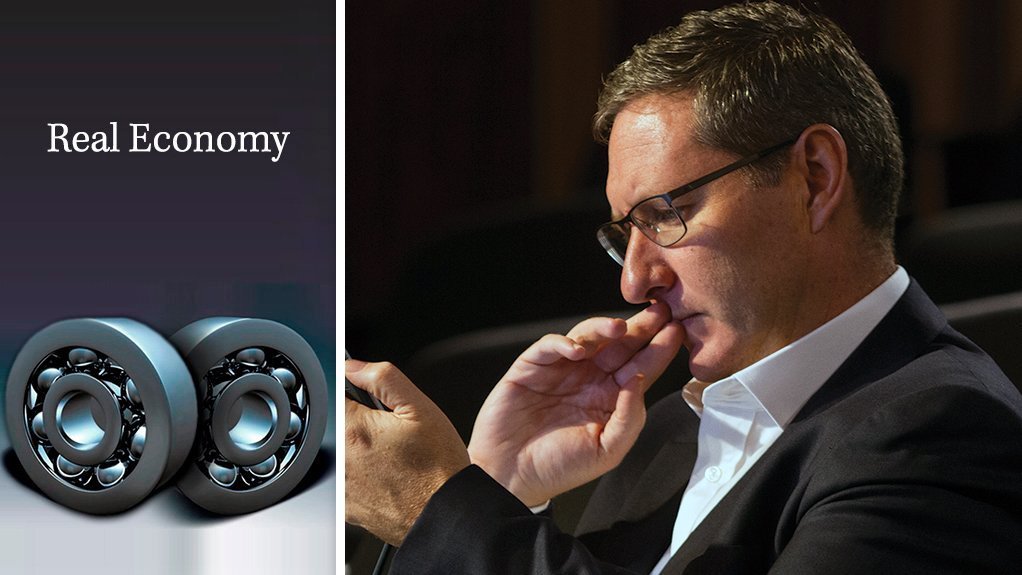The problems with the way the World Bank’s yearly ‘Ease of Doing Business Ranking’ is compiled are well documented. Nevertheless, the ranking has become something of a touchstone for those seeking to make a quick assessment of a country’s business environment.
In recognition of this, President Cyril Ramaphosa set a target earlier this year to materially improve South Africa’s ranking. In his February State of the Nation Address, Ramaphosa announced that his administration had set itself the target of being among the top 50 global performers within the next three years.
Well, South Africa has some serious ground to make up in the coming two years, given that its position in the latest ranking dropped to 84 out of the 190 countries surveyed, from 82 in the previous report.
New Zealand once again topped the ranking, followed by Singapore and Denmark, while Somalia, Eritrea and Venezuela propped up the table. South Africa is ranked only one spot above Zambia and above Botswana (87), but below Mongolia (81), Albania (82) and Kuwait (83).
Mauritius, at 13, is the highest-ranked sub-Saharan African economy and the only economy in the region in the top 20. Rwanda (38) is the only other sub-Saharan African economy in the top 50, with Kenya next at 54.
South Africa’s fall came amid steady progress from Africa’s largest economy, Nigeria. The West African giant made six reforms during the year under review and was listed in ‘Doing Business 2020’ as among the top ten “global improvers”, alongside Saudi Arabia, Jordan, Togo, Bahrain, Tajikistan, Pakistan, Kuwait, China and India.
South Africa, by contrast, made only one reform during the period, which the World Bank listed as the introduction of a specialised court dedicated to hearing commercial cases, which should make it is easier to enforce contracts.
Nigeria, the report notes, made the process of trading across borders easier by reducing the time to export and import by further upgrading its electronic system and by launching the epayment of fees. Nevertheless, the country’s ranking remained a lowly 131.
Overall, the economies of sub-Saharan Africa enacted 73 reforms in the 12 months to May 1, down from a record high of 108. The regional average ‘ease of doing business’ score was 51.8 on a scale of 0 to 100, below the global average of 63.
The region underperforms in the areas of acquiring electricity (146), trading across borders (140) and registering property (129). For example, the cost to obtain a permanent electrical connection in sub- Saharan Africa is three times higher than the global average and 52 times higher than the Organisation for Economic Cooperation and Development (OECD) countries. The report notes that it takes over 200 hours in Côte d’Ivoire and Cameroon to comply with export border procedures for maritime transport, compared with 13 hours in OECD high-income economies, while ports in sub-Saharan African are the least efficient of any region.
In South Africa, it still takes 40 days and seven procedures to start a new business, while, in New Zealand, starting a business involves only one procedure and takes less than a day. Some way to go indeed!
EMAIL THIS ARTICLE SAVE THIS ARTICLE ARTICLE ENQUIRY FEEDBACK
To subscribe email subscriptions@creamermedia.co.za or click here
To advertise email advertising@creamermedia.co.za or click here











